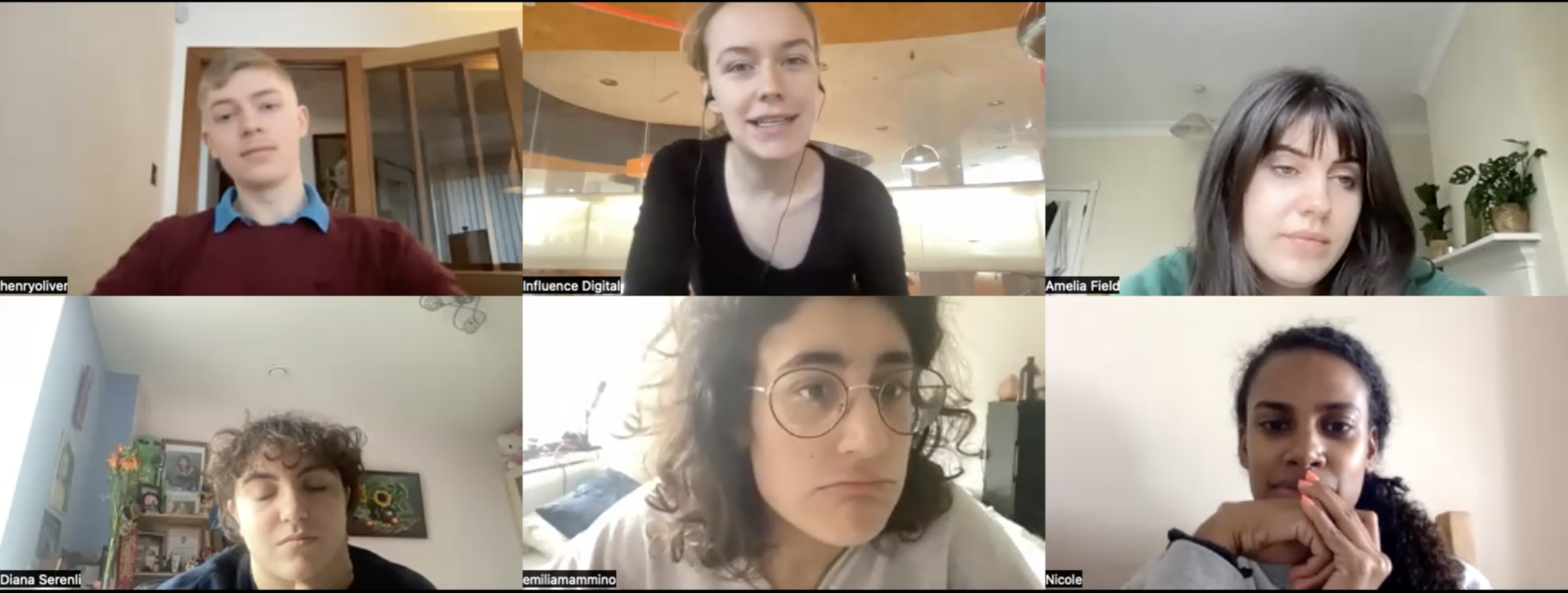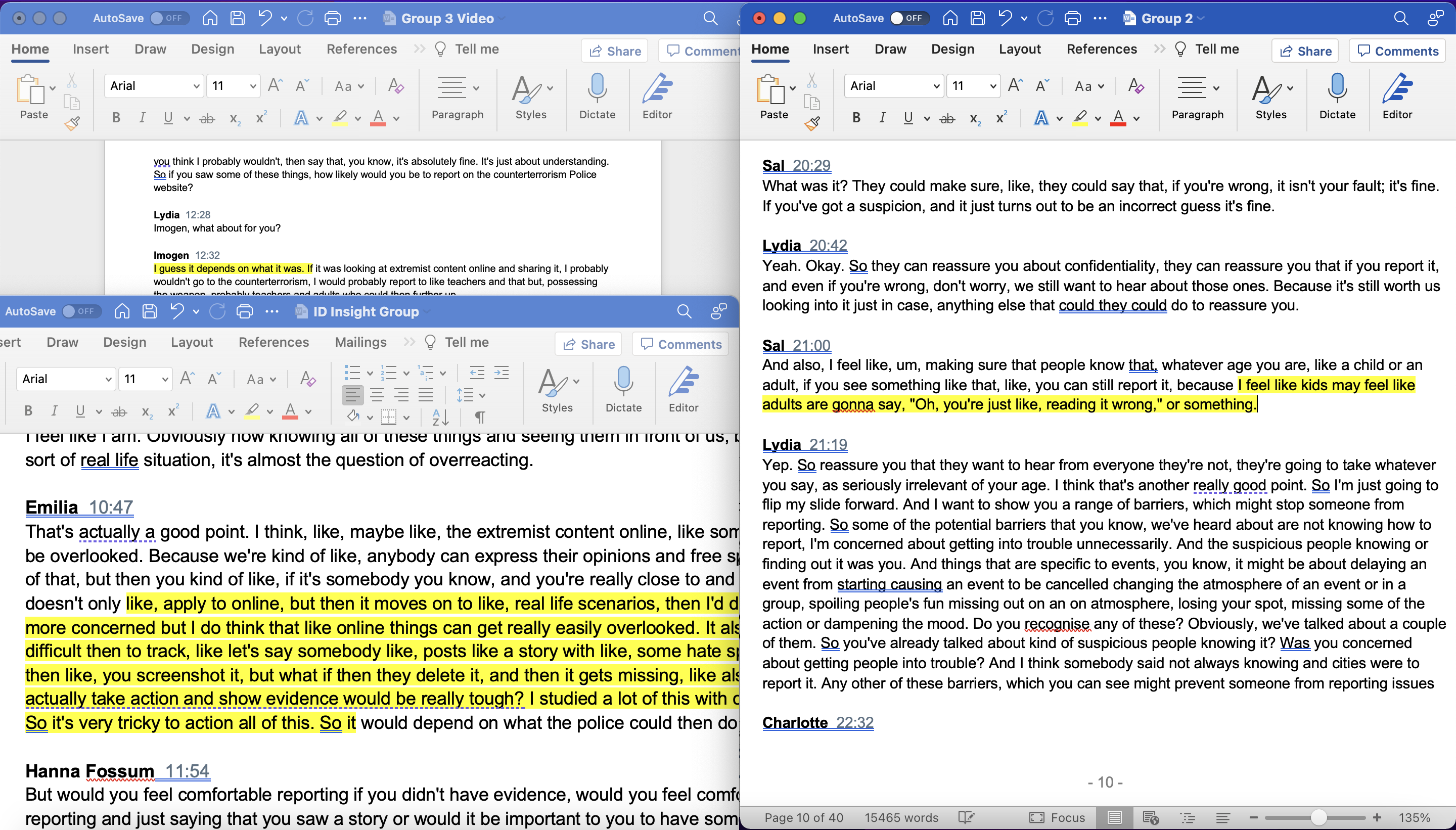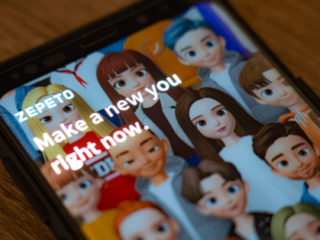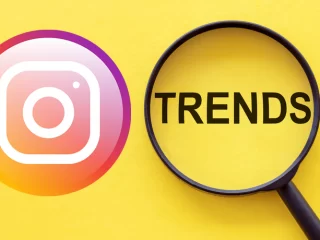Since joining Influence Digital, I’ve had the pleasure of supporting and running several focus groups as part of our Strategy team.
Although focus groups are hard and sometimes tedious work (especially transcription), the insight from focus groups is worth it. Below, I’ve highlighted my top three reasons for conducting focus groups as part of the research phase of a project:
1- Humanising the insight
Before running focus groups, we will usually have substantial qualitative insight into the target audience. Although this is an important and helpful starting point, it can feel theoretical and distant.
Focus groups help us add colour to this data. Suddenly, 30% is no longer just a percentage but people with voices and faces. Trends we have identified in survey data are humanised and understood not as theoretical concepts but as the preferences of real-life people. When we later develop the strategy, we can be assured that it is a human-first strategy that will resonate with real-life people.

2- Uncovering audience nuance
Survey results and desk research allows for limited nuance to our findings. Humans aren’t rational and might have conflicting and confusing views and opinions, but the limitations of surveys don’t allow for these nuances to be fully explored.
Focus groups, on the other hand, allow us to take a deep dive into the mess that is the human brain. As our participants discuss, we are given a window into their thoughts, feelings, insecurities and preferences. Ensuring that our focus groups have participants from diverse backgrounds, we dig for insight that reflects different corners of society.
In a recent focus group, we wanted to understand who our audience thinks should deliver messages about public safety on social media. Our survey results showed that the audience would be most drawn to messages presented by experts, but our focus groups revealed otherwise – the messages could be delivered by anyone (as long as an official government body endorsed it and presented it from their account).
Whilst we understood experts as actual human experts, they meant anyone speaking on behalf of the government organisation, including influencers and celebrities. One participant said: “You assume the government are experts anyway, so if they presented a celebrity on their account, I would probably believe what she was saying.” This insight changed our approach to content planning and the outcome of the final campaign, as it opened us up to using celebrities and influencers.
3- Surprises!
My favourite thing about focus groups: sometimes, we uncover insight that completely turns our projects on their head and changes the direction of the strategy completely. Although this doesn’t happen too frequently, it feels like a revelation when it does. These surprises can take us from a good strategy to a great one, and increase the overall campaign’s success. When we stumble on these insights, it feels like finding gold.
When we conducted a focus group on Chinese students that have studied at British universities, we found out that there is a big Chinese re-sell market across the UK- selling Chinese cooking utensils, pots and pans, or other culturally specific objects. One of the participants said the group also allowed her to rapidly make friends in a new country. This was new information to us, but it allowed us to understand how and where Chinese students seek community when moving to the UK. In turn, we produced a better and more relevant strategy for communicating with the Chinese student audience.

–
Although focus groups are an amazing research method, we aim to utilise several research methods here at Influence Digital to ensure we base our strategies on the most relevant and accurate insights. This could include surveys, desk research, audience profiling, and focus groups, based on what fits the brief best. By diversifying our methods, we get a better understanding of the audience, better strategies and, in turn, incredibly successful campaigns.
Need help with your strategy project? Get in touch!






